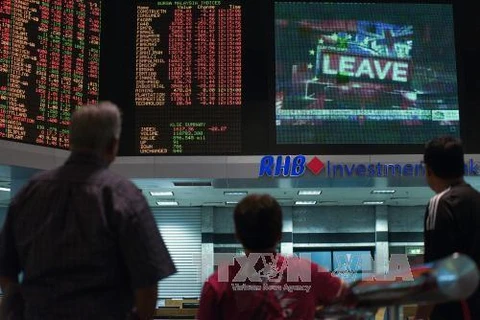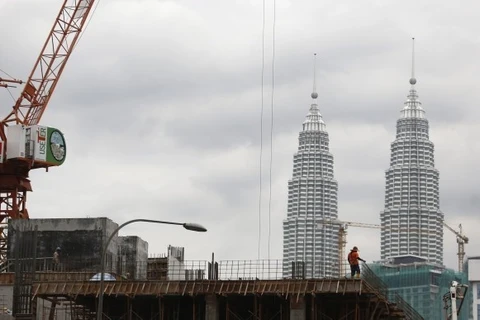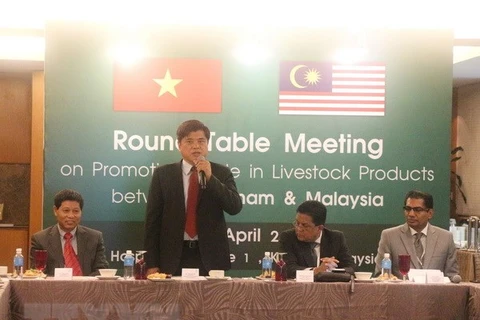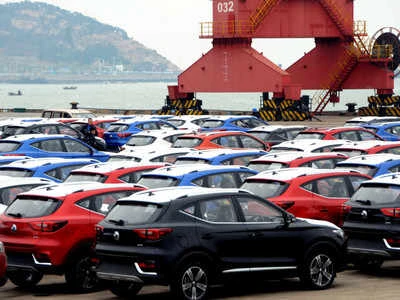Kuala Lumpur (VNA) - The US-China trade war has begun to benefit Malaysian producers as exporters of the two countries are looking for alternative sources of materials.
National President of the Small and Medium Enterprises Association of Malaysia (SME Malaysia) Michael Kang Hua Keong said at a press briefing in Kuala Lumpur on August 10 that based on the feedback from its members, the trade war has had a positive impact on domestic manufacturers.
According to Kang, sales of many Malaysian businesses have increased. He cited an example of a Penang-based cable producer which had secured additional orders worth 5 million USD from both US and China customers in the last two months.
Meanwhile, Ong Yew Chee, Director (China and Northeast Asia Section) of Malaysia External Trade and Development Corporation's (Matrade) Exports Promotion and Market Access Division, said Malaysia and other regional countries are expected to experience an increase in investment inflows following the US-China trade dispute.
China and the US will look at Malaysia because it is not directly affected by the trade war between the world’s biggest economies, he explained.
According to Ong, the Donald Trump administration's imposition of increased tariffs on Chinese goods offers Malaysia and other regional countries a competitive advantage to export products to the US market.
However, Ong remained hopeful the conflict would not escalate into a full-blown trade war because it would give lots of problems to many countries, not only Malaysia.
According to the official, the Malaysian Ministry of International Trade and Industry, which last month set up a task force to study the impact of the trade conflict, had been monitoring the development closely.-VNA
VNA

























